
Owning an exotic pet can be a rewarding and fulfilling experience, but it’s important to understand the challenges that come with such a decision. From financial costs to space requirements and diet specifics, there are many things to consider before taking on the responsibility of owning an exotic pet.
Are you considering bringing an exotic pet into your home? In this blog, we’ll explore the different challenges of owning an exotic pet and how to overcome them.
Why Own an Exotic Pet?
Owning an exotic pet can be both rewarding and challenging. Exotic pets come in all shapes, sizes, and species, so finding the right one to fit your lifestyle may be a difficult decision. But if you’re up to the challenge, you won’t regret it – exotic pets have extraordinary personalities and can provide their owners with an abundance of joy.
They also offer unique companionship, as they will often bond closely with their caregivers. But of course, it’s important to do your homework before taking on an exotic pet – some can require specialized diets or even vets that specialize in treating them.
Additionally, certain permits may need to be acquired before certain types of exotics can be legally owned. Despite its nuances though, owning an exotic pet is an adventure that comes with plenty of rewards and memories for years to come.
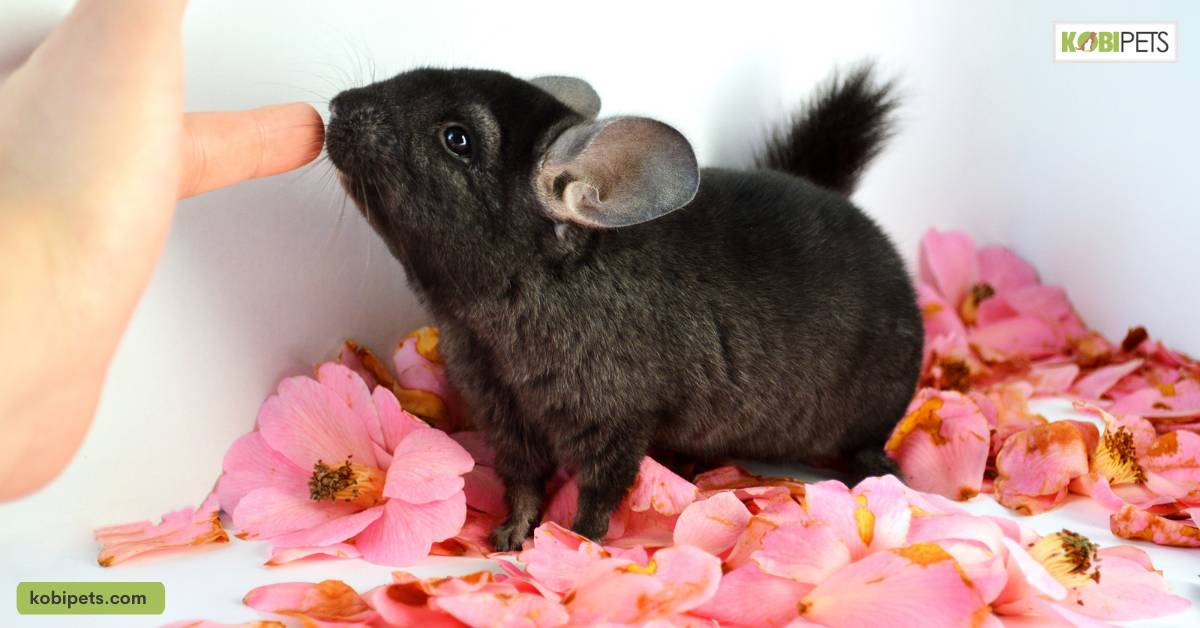
Financial Cost of Ownership
Initial Investment in Supplies and Care
Owning an exotic pet can be an expensive endeavor, and it is important to keep in mind the financial cost of necessary initial investments in supplies and care. Investing in high-quality products and qualified personnel can help ensure your pet will have a safe, comfortable home and receive any medical treatment it needs.
Before taking the plunge into exotic pet ownership, do your research on costs to make sure you can provide for your pet’s every need.
| Initial Investment | Description | Cost |
| Purchase Price | Purchase of the exotic pet |
Varies widely depending on the species and where you purchase from
|
| Cage or Habitat | Enclosure for the exotic pet |
Can range from a few hundred dollars for a basic cage to several thousand dollars for a custom-built habitat
|
| Food and Supplies | Specialized food, bedding, and other supplies specific to the exotic pet |
Can range from a few hundred dollars to several thousand dollars per year depending on the species
|
| Veterinarian and Medical Costs | Initial health check-up and any necessary vaccinations or treatments |
Can range from a few hundred dollars to several thousand dollars depending on the species and any pre-existing conditions
|
| Training and Behavioral Services | Training and behavioral services if necessary |
Can range from a few hundred dollars to several thousand dollars depending on the species and the level of training required
|
| Ongoing Care and Maintenance | Regular veterinary check-ups, food, bedding, and other supplies |
Can range from a few hundred dollars to several thousand dollars per year depending on the species
|
Note: This table is only meant to give an idea of the range of costs involved in owning an exotic pet and the costs will vary depending on the species and location. It’s important to do thorough research on the specific species you are considering and budget accordingly.
Ongoing Veterinary Expenses
Owning an exotic pet can quickly become a costly endeavor due to the associated ongoing veterinary expenses. Through modern technology, specifically telemedicine, you can limit your financial cost of ownership by taking advantage of less expensive medical options in addition to the traditional methods.
| Ongoing Veterinary Expenses | Description | Cost |
| Annual check-ups | Regular health check-ups, vaccinations, and preventative care |
Can range from a few hundred dollars to several thousand dollars per year depending on the species
|
| Emergency care | Treatment for illness or injury |
Can range from a few hundred dollars to several thousand dollars depending on the severity of the condition and the treatment required
|
| Medications | Prescription medications and supplements |
Can range from a few dollars to several hundred dollars per month depending on the medication and dosage required
|
| Diagnostic Testing | Laboratory tests, x-rays, and other diagnostic procedures |
Can range from a few hundred dollars to several thousand dollars depending on the test and the frequency required
|
| Dental Care | Dental cleaning and extractions if necessary |
Can range from a few hundred dollars to several thousand dollars depending on the level of care required
|
Note: This table is only meant to give an idea of the range of costs involved in owning an exotic pet and the costs will vary depending on the species and location. It’s important to do thorough research on the specific species you are considering and budget accordingly. Additionally, it’s important to have a savings account or emergency fund ready for unexpected veterinary expenses.
Space Requirements for Housing and Exercise
Adequate Space for the Exotic Pet
Owning an exotic pet comes with its own set of requirements that must be met in order to ensure the well-being of your beloved pet. Adequate space is one of the essential aspects to be considered when purchasing an exotic pet. This usually means providing enough area for their housing, as well as enough room for them to exercise and live a healthy life.
| Adequate Space | Description | Size |
| Indoor enclosure | Size of the enclosure inside the house or apartment |
Can range from a few square feet to several hundred square feet
|
| Outdoor enclosure | Size of the enclosure outside the house or apartment |
Can range from a few square feet to several acres
|
| Exercise space | An area designated for the exotic pet to move and exercise |
Can range from a small playpen to a large outdoor playground
|
Note: This table is only meant to give an idea of the range of space requirements for housing and exercise of an exotic pet and will vary depending on the species and location. It’s important to do thorough research on the specific species you are considering and ensure you have adequate space to meet their needs before committing to owning an exotic pet.
Regular Exercise and Stimulation
Keeping an exotic pet requires a commitment to regular exercise and enrichment activities that meet their specific needs. Exotic pets need special housing arrangements that accommodate their heightened space requirements, as well as planned exercise activities to keep them healthy and active.
| Adequate Space for Regular Exercise and Stimulation | Description | Size |
| Exercise space | Size of the area designated for the exotic pet to move and exercise |
Depending on the species, can range from a small playpen to a large outdoor playground
|
| Enrichment activities | Activities and items to provide mental and physical stimulation |
Can include climbing structures, hiding spots, toys, puzzles, etc, and will vary depending on the species
|
| Out-of-cage time | Time the exotic pet is allowed to spend outside of its enclosure |
Depending on the species, can range from a few hours a day to all-day
|
Note: This table is only meant to give an idea of the range of space requirements for regular exercise and stimulation of an exotic pet and will vary depending on the species. It’s important to do thorough research on the specific species you are considering and ensure you have adequate space to meet their needs before committing to owning an exotic pet.
Diet Specifics
Researching Proper Nutrition Requirements
When it comes to owning exotic pets, one of the most important aspects of proper care is providing an appropriate diet. To do this, owners must research the species-specific nutrition requirements for their animals.
Depending on the type of pet, there may be special considerations for feeding such as frequency or amount as well as different types of food that must be part of the pet’s diet. For example, reptiles may require a level of vitamins and minerals not found in common foods such as insects or carnivore diets.
Additionally, other animals like mammals may need specially formulated diets to ensure they get enough nutrients and avoid restrictions based on dietary preferences. Optimal health for an exotic pet depends on understanding these specific requirements and providing adequate nutrition.
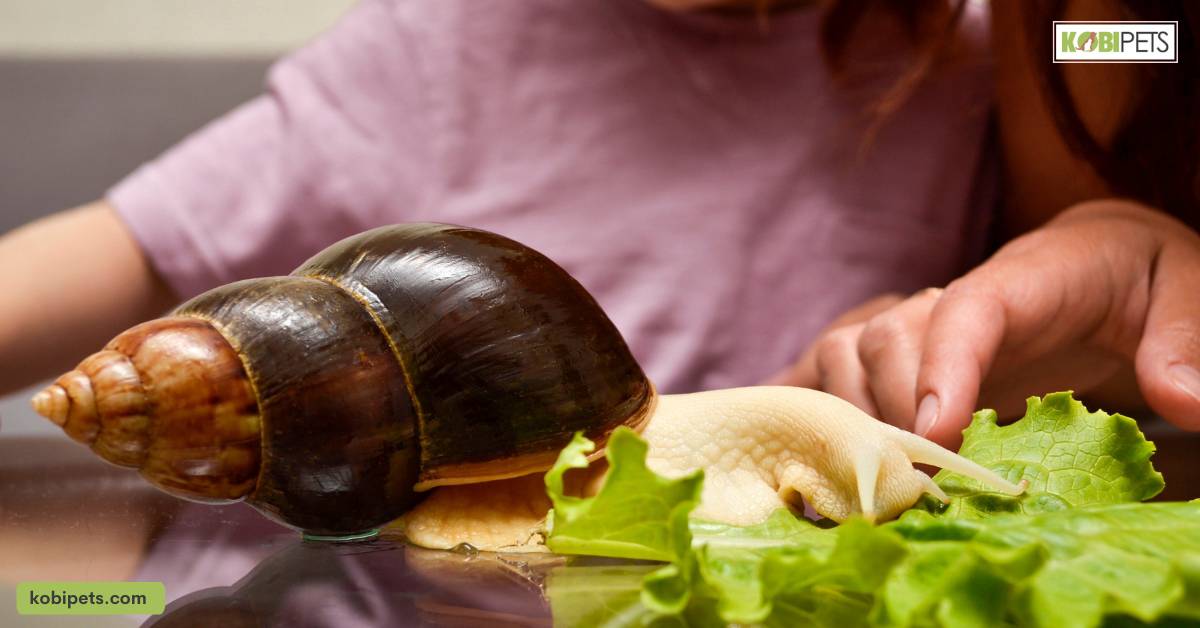
Locating Specialty Foods and Supplies
Owning an exotic pet can provide us with companionship and joy like no other pet can. However, eating a diet specific to your pet’s needs requires more research. Fortunately, there are several sources you can look to when trying to find specialty foods and supplies for your exotic pet.
Many pet stores specialize in exotic animals and carry specific diets for them, so this is always worth checking into first. Additionally, conducting some online research may uncover new resources as well as tips from other enthusiasts with knowledge about proper nutrition for exotics.
No matter what kind of services you’re looking for, doing your due diligence will help ensure a happy and healthy life for your beloved animal.
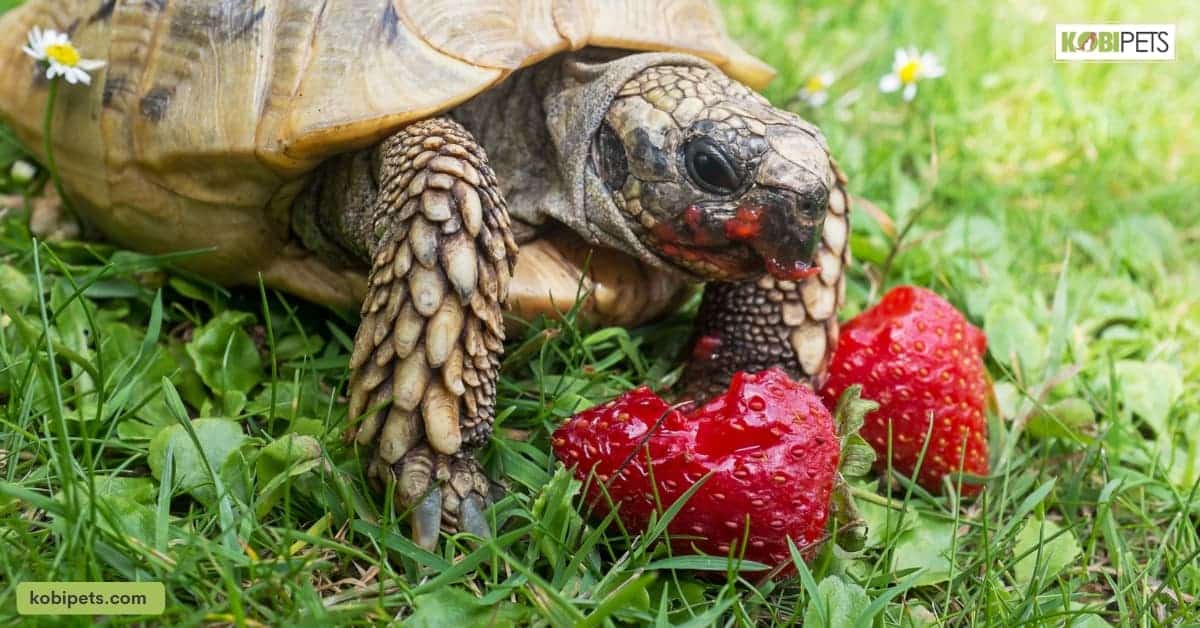
Health Considerations
Potential Illnesses or Diseases to Watch Out For
Owning an exotic pet can be rewarding, but it is important to bear in mind the potential illnesses and diseases you may have to face down the road. Knowing about common medical issues that can arise is essential for responsible pet ownership and is key to helping your pet live a long, healthy life.
Make sure you brush up on the signs of illnesses so that if anything comes up you are ready to tackle it head-on and get your little friend back on track.
| Potential Illnesses or Diseases | Description | Symptoms |
| Zoonotic diseases | Diseases that can be transmitted from animals to humans |
Varies depending on the disease, and can include fever, rash, respiratory symptoms, and more
|
| Parasitic infections | Infestations of parasites such as mites, ticks, and worms |
Varies depending on the parasite, and can include itching, hair loss, and diarrhea
|
| Nutritional deficiencies | Lack of essential nutrients in the diet |
Can include stunted growth, weight loss, and organ damage
|
| Respiratory infections | Infections of the respiratory system such as pneumonia |
Can include coughing, sneezing, nasal discharge, and difficulty breathing
|
| Gastrointestinal issues | Issues with the digestive system such as diarrhea or constipation |
Can include vomiting, diarrhea, loss of appetite, and weight loss
|
Note: This table is only meant to give an idea of some of the potential illnesses or diseases that exotic pets can develop, and will vary depending on the species. It’s important to do thorough research on the specific species you are considering and be familiar with the common health issues they may face, so you can watch out for them and seek veterinary care if necessary.
Understanding of Natural Behaviors
Owning an exotic pet such as a snake, tarantula, or lizard can be especially intriguing. However, the key to understanding and caring for these creatures lies in their entirely different way of living than what we humans are used to.
Learning about their natural behaviors is essential for providing the best care for your new friend. By gaining an understanding of its unique needs and diet as well as its behavior patterns in the wild, you can ensure that you create a safe and comfortable environment where your exotic pet will thrive.
| Understanding of Natural Behaviors | Description | Examples |
| Natural Diet | Understanding the type of food the animal would eat in the wild |
Insects, fruits, vegetables, seeds, small animals, and others
|
| Social Structure | Understanding how animal lives in the wild, whether they are solitary or sociable |
Primates, parrots, and certain reptiles are social animals and require companionship, while others like many snakes are solitary animals
|
| Activity Levels | Understanding the animal’s natural activity levels and needs for movement and exercise |
Many primates and birds need to move around, climb and fly, while others like some reptiles need less activity and spend most of their time basking or hiding.
|
| Reproductive behaviors | Understanding the animal’s reproductive behaviors and needs |
Many mammals and birds have a mating season and require a specific environment and conditions to breed, while others like certain reptiles can breed year-round
|
| Hibernation/brumation | Understanding the animal’s need for hibernation or brumation and providing the necessary conditions |
Some reptiles and amphibians need a period of hibernation, while others do not.
|
Note: This table is only meant to give an idea of some of the natural behaviors that exotic pets may have, and will vary depending on the species. It’s important to do thorough research on the specific species you are considering and understand their natural behaviors and needs so that you can provide an appropriate environment and meet their needs.
Additionally, understanding their natural behavior can help in providing proper training and avoiding behavioral issues.
Other Factors to Consider
Commitment to Care and Time Involved
Many people are drawn to the idea of having an exotic pet, knowing that it will bring something unique and beautiful into their lives. However, owning an exotic pet is far from a casual commitment – it requires the owner to invest a significant amount of time, effort, and resources in order to ensure that their pet is properly cared for and has everything it needs to thrive.
This includes research on the animal’s care requirements; providing ample space for it to roam; setting up its environment with specialized furnishings; creating regular feeding schedules; and constantly monitoring how they are doing overall.
Exotic pets require significantly more investment in terms of energy and attention compared to traditional pets, so anyone embarking on this journey must be prepared to make a lifelong promise to their furry companion.
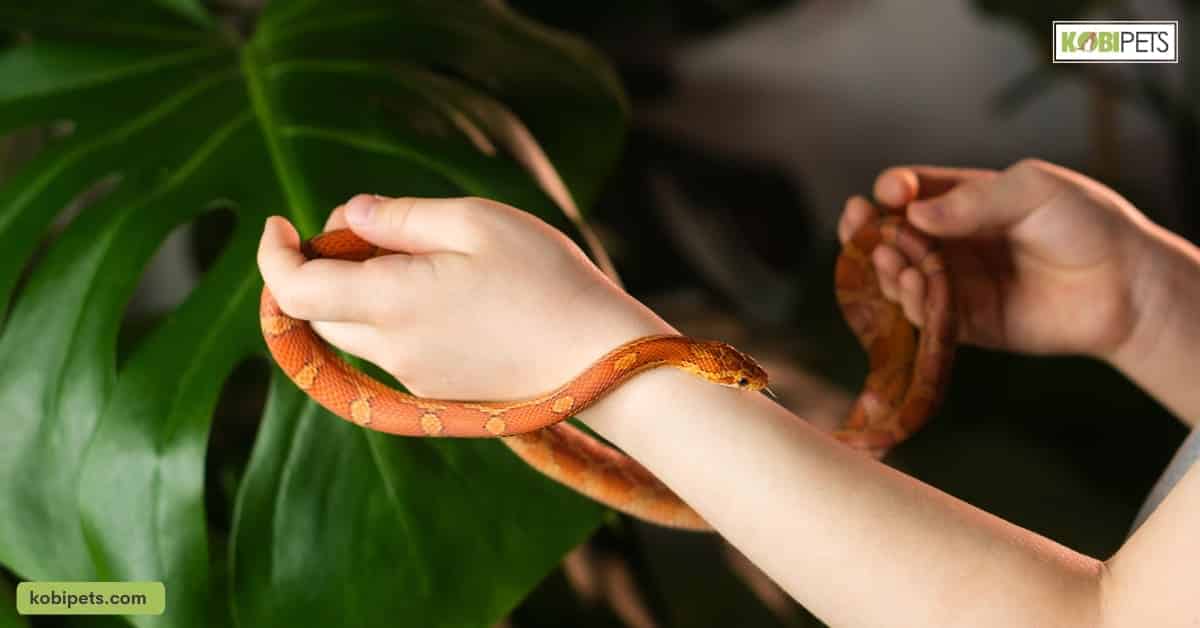
Impact on Family and Friends
Keeping an exotic pet can be a rewarding experience in the right circumstances, but it is important to recognize that this decision can have a significant impact on family and friends. Exotic pets such as snakes, lizards, and large birds require substantial space and special dietary needs, not to mention they often live longer than a typical pet.
Family and friends should be informed of the kinds of responsibility that comes along with owning an exotic pet before consenting to help contribute financially or provide moral support.
Additionally, potential homeowners should understand any local laws or ordinances that may affect their ability to safely own an exotic animal. In many jurisdictions, there are guidelines that dictate which types of animals are permitted and where they may be kept.
Lastly, if confidentiality is important to a household, owning certain exotic species may draw unwanted attention from curious neighbors or passersby. It’s essential for those considering keeping one of these animals to understand all the implications before committing fully.
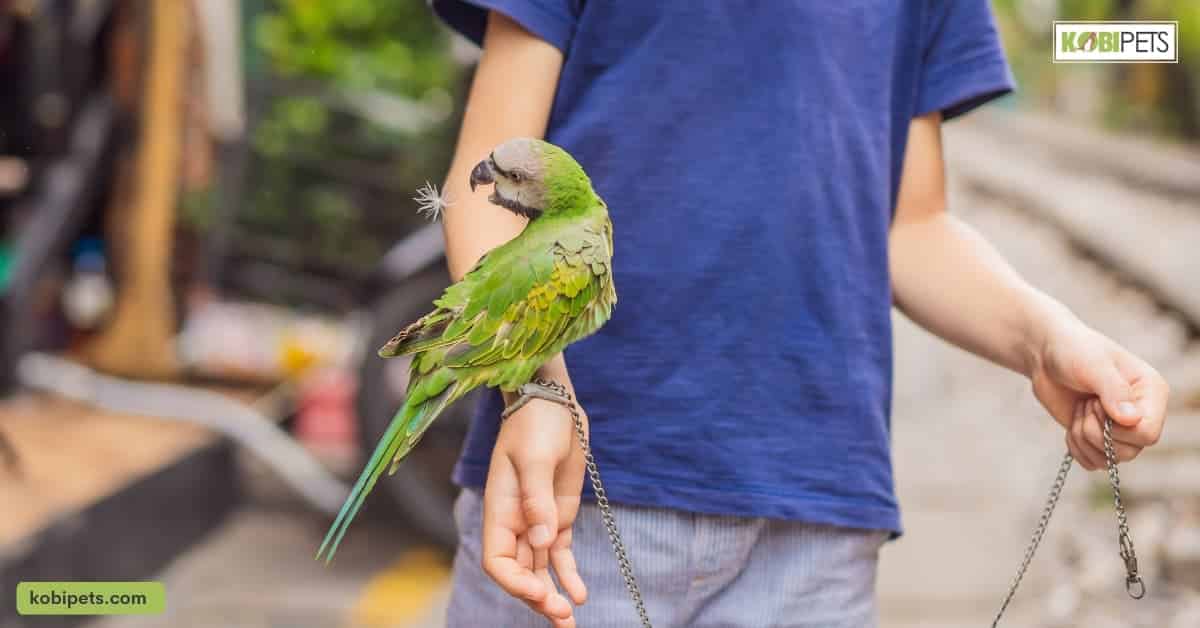
In Conclusion
Owning an exotic pet can be a rewarding experience, but it’s important to consider the challenges that come with such a decision. From financial costs to space requirements and diet specifics, understanding these potential issues ahead of time is key for responsible ownership.
Additionally, it’s essential that owners do their research on the species they’re considering and pay attention to the potential impact on family and friends. With the right preparation, an exotic pet can bring joy and companionship for years to come.






